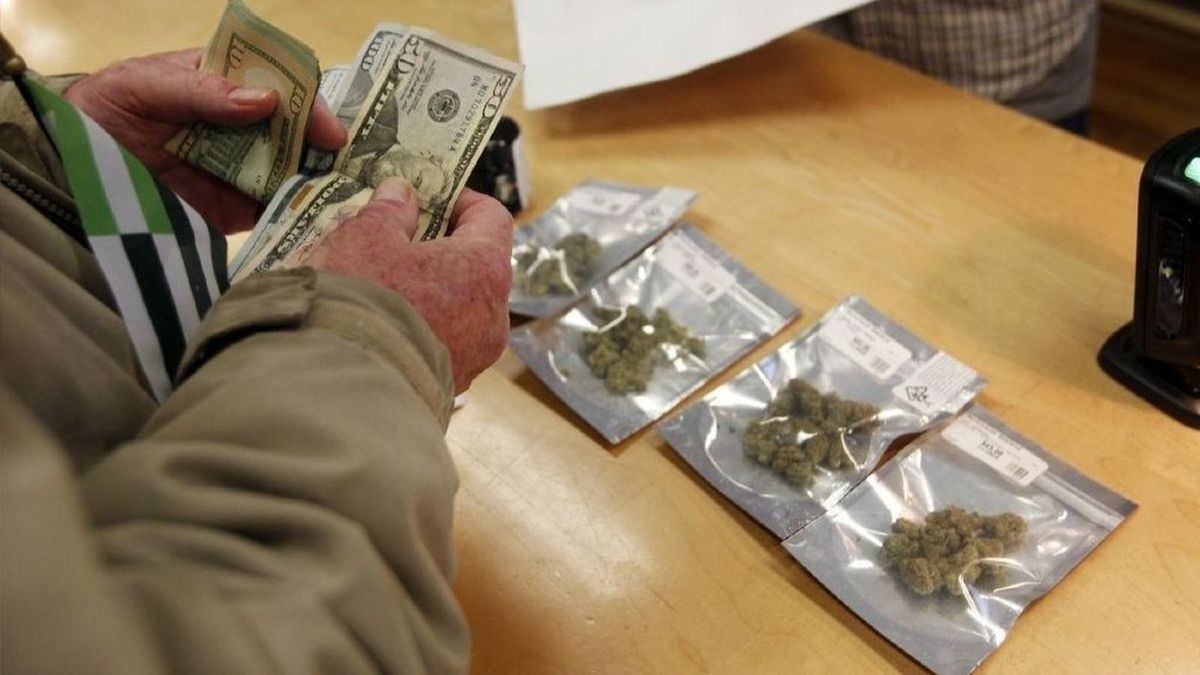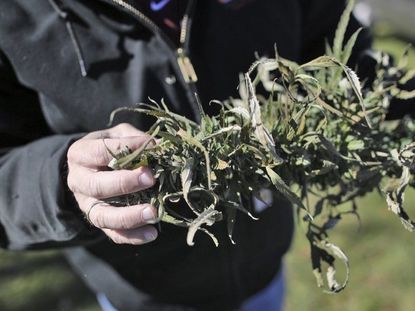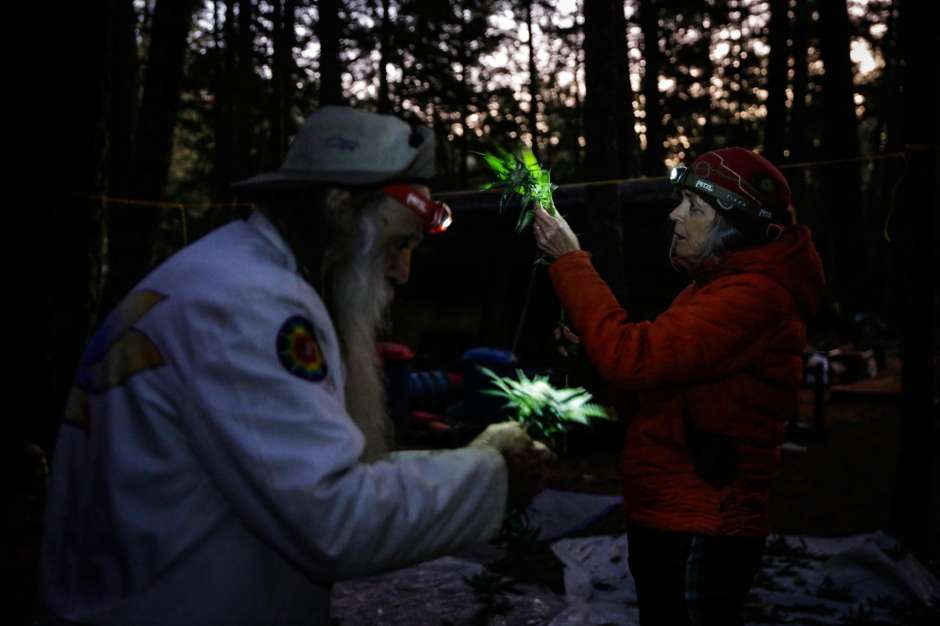Baron23
Well-Known Member
It just appears to me that CA is a complete and utter sell out to large cannabis corporations at the expense of the small operators that were supposed to be protected. Another example of government telling the governed to go pound sand.
Small and medium-scale growers may be shut out of end-of-the-year sales events after bill was rejected last week
Growers who have previously participated at popular cannabis events such as the Emerald Cup will not be able to sell products to consumers after a bill was rejected last week.
Assembly Bill 2641 would have allowed the state Bureau of Cannabis to give out temporary licenses for businesses to sell products and allow on-site consumption at temporary events.
The bill was rejected for the year after being held in committee.
Following the passage of Prop. 64 which legalized recreational cannabis in 2016, direct sales are prohibited unless the business already has a retail sales permit. These permits are expensive and often unattainable for smaller growers who may not even qualify.
Supporters of the bill were the California Cannabis Industry Association and county governments such as Humboldt and Mendocino counties where the local economies rely heavily on small and medium-sized growers
Those opposed to the bill included major brands including large-scale producer Canndescent and the United Cannabis Business Association, representing retail dispensaries in Los Angeles and Orange County.
Without sales permits, small and medium-scale cultivators will not be able to participate in end-of-year sales events and other farmer’s market style events. As such, many smaller growers are likely to go out of business in the near future.
“For years, these types of events have been lifelines for small growers,” Hezekiah Allen, executive director of the California Growers’ Association, told Marijuana Moment last week.
There were other cannabis-related bills that were passed by the committee that will move forward to be voted on by the state Assembly and Senate.
These bills include:
SB 1294 – This will create an equity program across the state to help people of color and small operators to enter the industry.
SB 829 – This will create a new license that will allow for medical cannabis products to be given away for free.
AB 1863 – This will allow for certain tax deductions for cannabis businesses.
SB 311 – This will clarify the commercial cannabis distribution process.
Legislation that would have created state-chartered banks to serve the cannabis industry was also killed for the year when it was held for review last week.
“This is a serious public safety issue that deserves swift resolution,” said Sen. Bob Hetrzberg (D), the bill’s sponsor, in a press release. “We’ve got barrels of cash buried all over the state, businesses being ransacked and it’s clear that the federal government won’t act. It’s a shock to me that the state government may not act this year either – especially after this bill passed through nearly every step with bipartisan support and little to no opposition.”
Small and medium-scale growers may be shut out of end-of-the-year sales events after bill was rejected last week
Growers who have previously participated at popular cannabis events such as the Emerald Cup will not be able to sell products to consumers after a bill was rejected last week.
Assembly Bill 2641 would have allowed the state Bureau of Cannabis to give out temporary licenses for businesses to sell products and allow on-site consumption at temporary events.
The bill was rejected for the year after being held in committee.
Following the passage of Prop. 64 which legalized recreational cannabis in 2016, direct sales are prohibited unless the business already has a retail sales permit. These permits are expensive and often unattainable for smaller growers who may not even qualify.
Supporters of the bill were the California Cannabis Industry Association and county governments such as Humboldt and Mendocino counties where the local economies rely heavily on small and medium-sized growers
Those opposed to the bill included major brands including large-scale producer Canndescent and the United Cannabis Business Association, representing retail dispensaries in Los Angeles and Orange County.
Without sales permits, small and medium-scale cultivators will not be able to participate in end-of-year sales events and other farmer’s market style events. As such, many smaller growers are likely to go out of business in the near future.
“For years, these types of events have been lifelines for small growers,” Hezekiah Allen, executive director of the California Growers’ Association, told Marijuana Moment last week.
There were other cannabis-related bills that were passed by the committee that will move forward to be voted on by the state Assembly and Senate.
These bills include:
SB 1294 – This will create an equity program across the state to help people of color and small operators to enter the industry.
SB 829 – This will create a new license that will allow for medical cannabis products to be given away for free.
AB 1863 – This will allow for certain tax deductions for cannabis businesses.
SB 311 – This will clarify the commercial cannabis distribution process.
Legislation that would have created state-chartered banks to serve the cannabis industry was also killed for the year when it was held for review last week.
“This is a serious public safety issue that deserves swift resolution,” said Sen. Bob Hetrzberg (D), the bill’s sponsor, in a press release. “We’ve got barrels of cash buried all over the state, businesses being ransacked and it’s clear that the federal government won’t act. It’s a shock to me that the state government may not act this year either – especially after this bill passed through nearly every step with bipartisan support and little to no opposition.”



